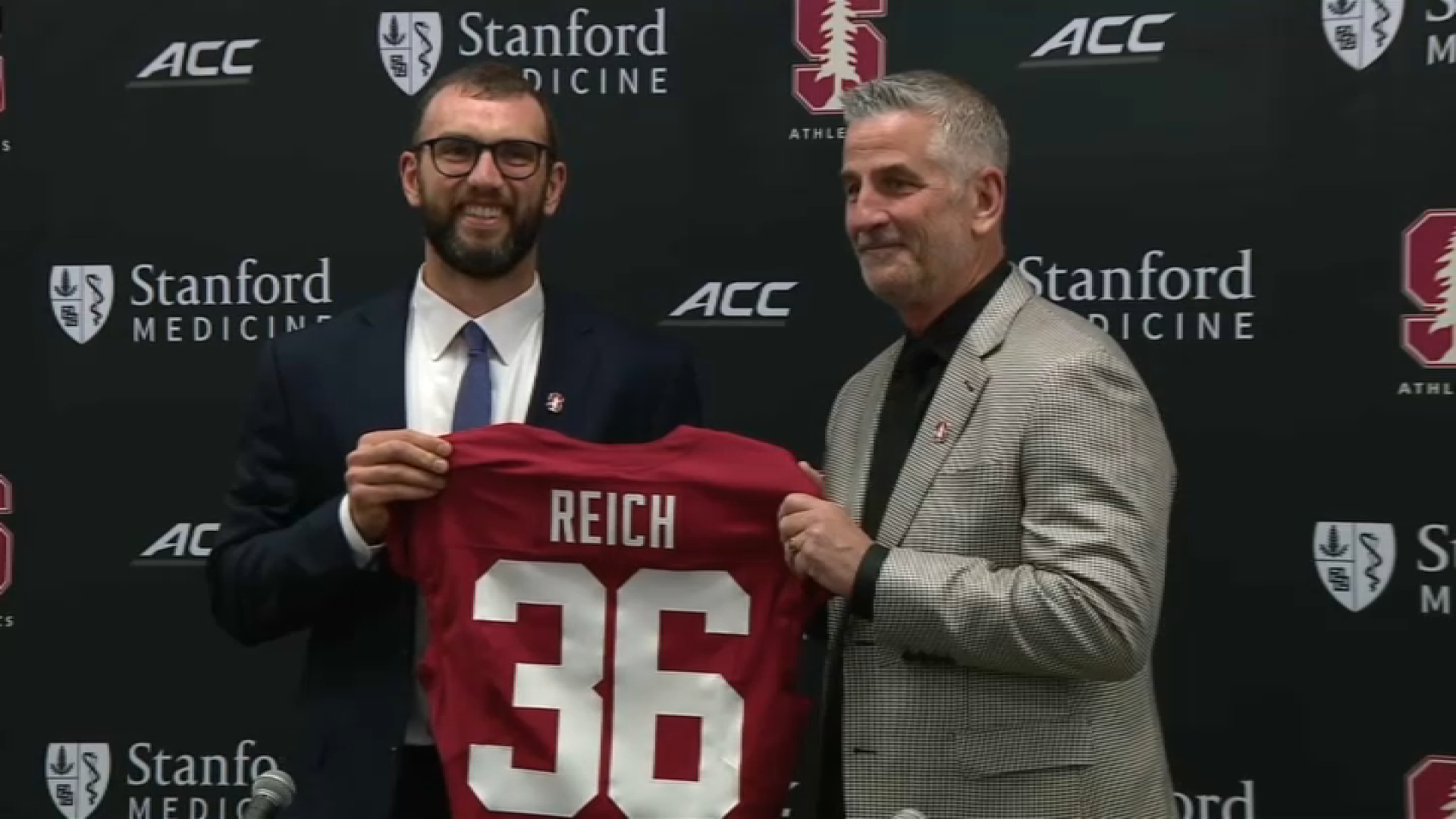Are airlines under-reporting the number of animal tragedies in transit? Elyce Kirchner investigates in a story that originally aired at 11 p.m. on March 25.
A loophole in the law is allowing airlines not to report when certain animals are killed, hurt, or vanish in transit.
Last month, an NBC Bay Area Investigation revealed that in a six-year span more than 300 animals have died, been injured, or have disappeared in the care of commercials airlines.
Now, the Investigative Unit has discovered under the Department of Transportation’s current policy, animals being transported without an owner are just considered cargo.
It’s a policy that pet owners, like Troy Stroud, argue is allowing airlines to conceal how often animal tragedies happen in transit.
“For me and for other people that have lost animals this way, you never get to know what happened. There is no resolution. They are just gone,” Stroud said. Stroud spent two years looking for a Neapolitan Mastiff show dog. He is a breeder and a board member of the United States Mastiff Club. After an exhaustive search, Stroud found “Jesse” from a breeder in San Diego. “He was unique because he had a great temperament, was built just like I would describe a perfect Neapolitan Mastiff to be,” Stroud said.
He spent more than $500 to ship Jesse on Continental Airlines from Los Angeles to his home in Detroit on Sep. 8, 2010. But he never got to meet Jesse because when the flight arrived; Stroud was informed that Jesse didn’t make it.
Stroud explained that he got to the airport cargo area at around 5:10 p.m. An employee told him that there had been a delay in Texas and the flight was going to be two hours late coming in. Stroud waited the two hours and as he was heading back in, he saw the same employee and asked him the status.
Stroud explained, “I say, ‘How it’s going?’ and the guy said, ‘Well better than you, your dog is dead.’ ” When Troy asked what happened, he said the airline told him that Jesse got loose and was killed by the cargo door. But when Stroud found Jesse, he said the canine was still zip-tied in his cage.

NBC Bay Area investigated to find out what happened to Jesse.
Local
Stroud showed us pictures of Jesse’s damaged kennel (photo right), but there wasn’t a single record in any of the Department of Transportation’s reports regarding Jesse’s death. That’s because there was no report filed with the DOT; the airline was not required to do it. The Department of Transportation currently defines "animals” as only those animals that fly as companions or on companion flights, whereas animals that are shipped alone are considered as a "commercial shipment," not an "animal."
The Unit also contacted Continental Airlines to respond to the incident. The airline has not responded. Since Jesse was being transported without an owner, he was considered cargo; therefore, Continental Airlines was not required to report Jesse’s death. Stroud reported this incident to the United States Department of Agriculture.
The USDA provides assistance with issues related to companion animals, such as which breeders are covered by the Animal Welfare Act, pet shelter regulations, and the laws that apply to owning certain animals. The Investigative Unit discovered Continental Airlines, which is now part of United Airlines, was cited for failing to meet the requirements of the Animal Welfare Act and fined $17,000 . Click here to view USDA findings.
As part of NBC Bay Area’s investigation, we discovered the government has issued more than 500 citations against airlines, for failing to take care of animals in transit. Delta Airlines received the most, followed by Continental Airlines (now owned by United Airlines), and American Airlines. Stroud reported Jesse’s death stating, “I think they have to be held accountable.”
While the USDA performs random inspections twice annually, if Stroud had remained silent about Jesse’s death, the government may have never found out about the incident.
“There needs to be legislation that holds them accountable,” Stroud said. Gay O’Brien, the former president of the International Pet and Animal Association argues that part of the issue is that the airline handlers need more education.
“Airlines have merged and they do hire outside people, so there is a need for consistent training on how to handle live animals,” said O’Brien, whose international association comprises professional pet shippers with more than 350 members in over 75 countries.
O’Brien is also the owner of O'Brien Animal Transportation & Services, which facilitates the transportation animals all over the world. Another issue that O’Brien feels needs to be addressed is that airlines are not required to report the total number of animals transported annually, only the number of monthly incidents.
While only the airlines know the exact figures, the DOT estimates over two million pets and animals are transported by air every year in the United States.
“I would really like to see the DOT get the exact number of animals that are carried on a plane.” If that information was made public, O’Brien believes incidents of animal deaths, injury, or disappearance would be negligible.
The Department of Transportation, recognizing the problem in its’ current policy, is considering a new policy that would require airlines to report all incidents, including animals shipped by breeders to the DOT.
Under the parameters of the proposed rule, 36 airlines would be required to report any companion animal incidents that happen in their cargo holds, up from 15 airlines currently required to provide annual reports to the DOT.
Under the proposal, airlines would also have to report the number of animals they transport annually. It is unclear, however at this point, if or when that policy change will happen. “Passengers already receive very detailed incident information to assist with determining what carrier to use when shipping a pet,” argued Airlines for America.
The Investigative Unit contacted the trade organizations, which transports more than 90 percent of all US airlines passenger and cargo, to respond to the DOT’s current proposal. Airlines for America sent us a seven page response.
In part of the statement the organization stated: “There is no evidence in the docket that passengers want or are interested in expanding the definition of animal.” (Click here to see response in its entirety).
For Stroud, however losing his dog Jesse has made him rethink ever shipping an animal again. “The thing that still makes me get emotional is that even now I do not really know what happened to him.”



